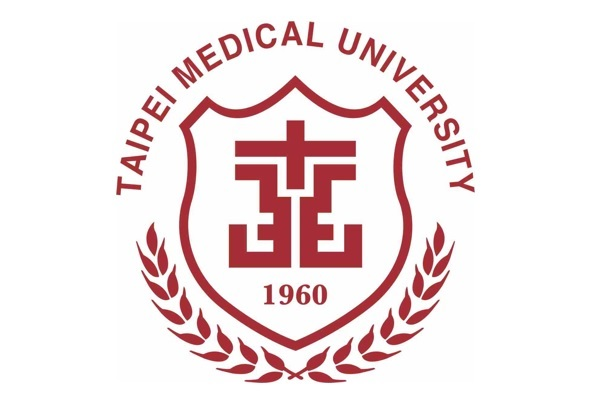Integrated BioFabrication Lab
Research Field
Dr. Pei-Chun Wong is an Assistant Professor in the Graduate Institute of Biomedical Optomechatronics at Taipei Medical University. Before that, he served in the Department of Orthopedics at Taipei Medical University Hospital in 2020 as a Medical Research Fellow. Dr. Wong received the M.S. degree in Mechanical Engineering from the National Central University, Taoyuan, Taiwan, in 2012, and the Ph.D . degree in Biomedical Engineering from National Yang-Ming University, Taipei, Taiwan, in 2017. His research interests include composite biomaterial; tissue engineering & regenerative medicine; antibacterial surface modification; orthopedics research, and photobiomodulation application. Dr. Wong is a member of Taiwan Orthopedic Research Society.
https://sites.google.com/view/ibflab/home?authuser=0
Tissue Engineering & Regenerative Medicine
PhotoBioModulation
Porous Biodegradable Implant Design & Development
Outstanding Postdoctoral Research Fellow Award, Taipei Medical University, Taiwan, 2020
Outstanding Postdoctoral Research Fellow Award, Taipei Medical University, Taiwan, 2019
Outstanding Postdoctoral Research Fellow Award, Taipei Medical University, Taiwan, 2018
Outstanding Postdoctoral Research Fellow Award, Taipei Medical University, Taiwan, 2017
Excellent Paper Award, Materials Research Society Taiwan, Taiwan, 2012
Light Metal Award (1st place), Industrial Development Bureau, Ministry of Economic Affairs, Taiwan, 2012
Ph.D. in Biomedical Engineering, National Yang-Ming University, Taiwan 2017
M.S. in Mechanical Engineering, National Central University, Taiwan 2012
B.S. in Mechanical Engineering, St. John's University, Taiwan 2009
2 Vacancies
Job Description
The intern will receive guidance and participate in the following research and technical development tasks:
Material Synthesis & Characterization
- Learn polymer hydrogel and metallic scaffold fabrication methods and phase transition testing techniques.
Cell Biology Experiments
- Cell culture, immunostaining, and viability assays will be conducted to evaluate biocompatibility and bone regeneration potential.
3D Cell Culture
- Develop 3D cell culture models to mimic in vivo microenvironments for evaluating cellular responses to biomaterials.
Photothermal Testing & Imaging Analysis
- Measure laser-induced heating, thermal stability, and degradation behavior, along with cell imaging analysis.
Data Processing & Scientific Writing
- Learn scientific data analysis, figure preparation, and assist in research reports and manuscript writing.
Preferred Intern Education Level
Undergraduate or Master’s students:
- Biomedical Engineering
- Materials Science & Engineering
- Chemical Engineering
- Medicine or Pharmaceutical Sciences
- Mechanical Engineering with biomaterials experience preferred
Skill sets or Qualities
Applicants should possess the following skills or qualities:
Technical Skills:
- Basic laboratory skills (e.g., solution preparation, cell culture, spectroscopy, microscopy).
- Experience in material synthesis, characterization, cell culture, or biocompatibility testing is preferred.
- Familiarity with data analysis tools (Excel, Origin, Prism) is a plus.
Personal Qualities:
- Proactive and eager to learn, interested in interdisciplinary research.
- Strong teamwork and communication skills, able to participate in regular discussions and presentations.
- Detail-oriented and responsible, able to follow standard experimental procedures to ensure data accuracy.
